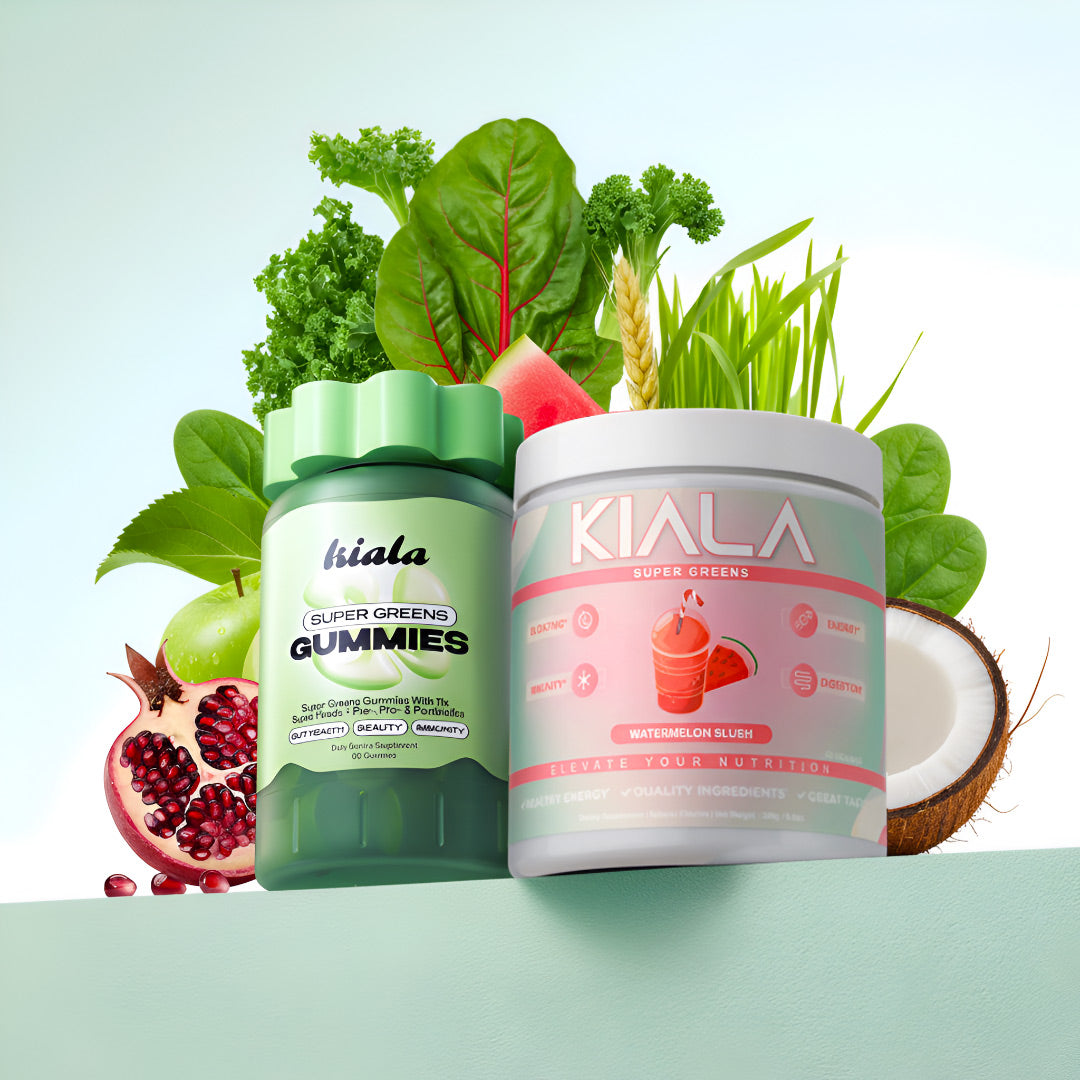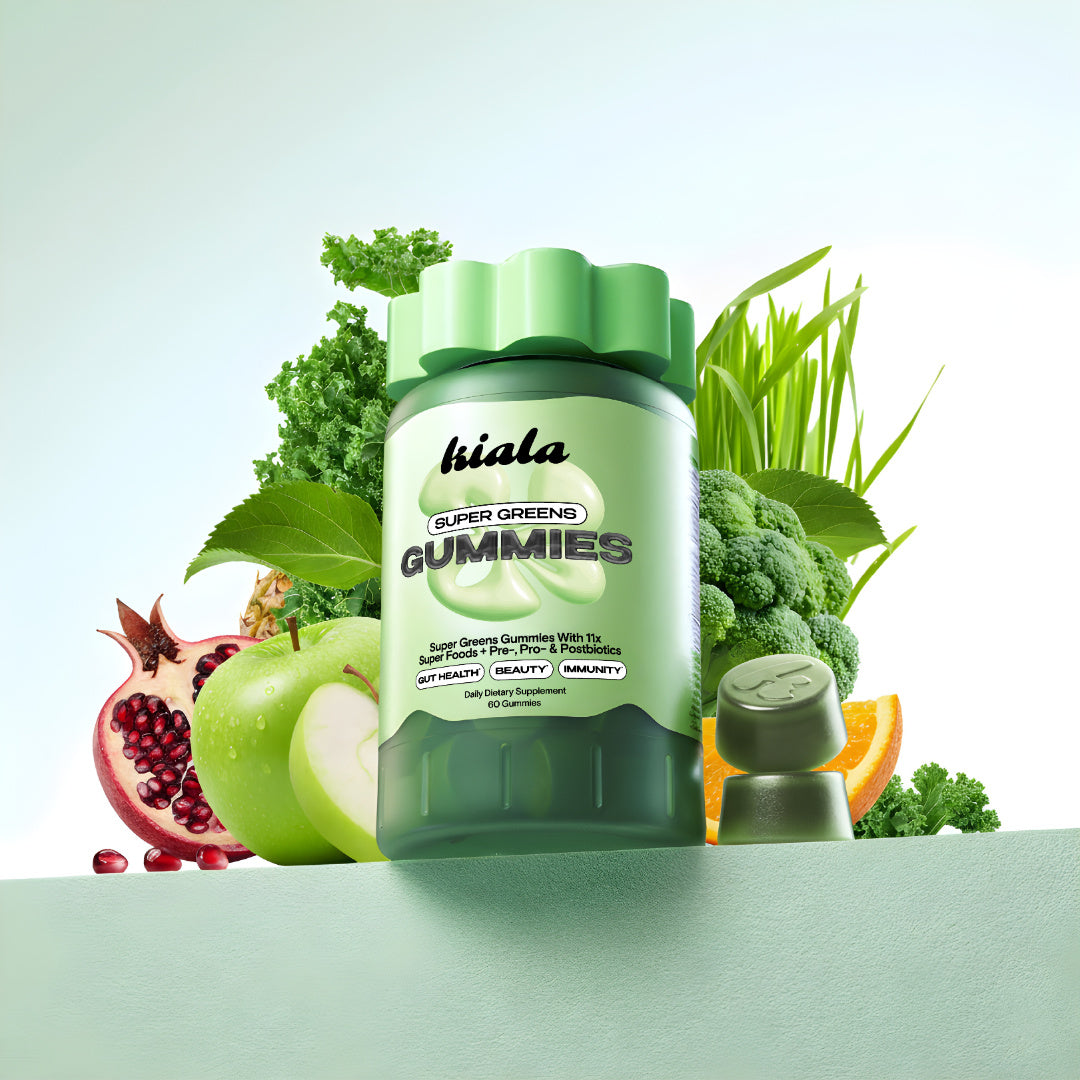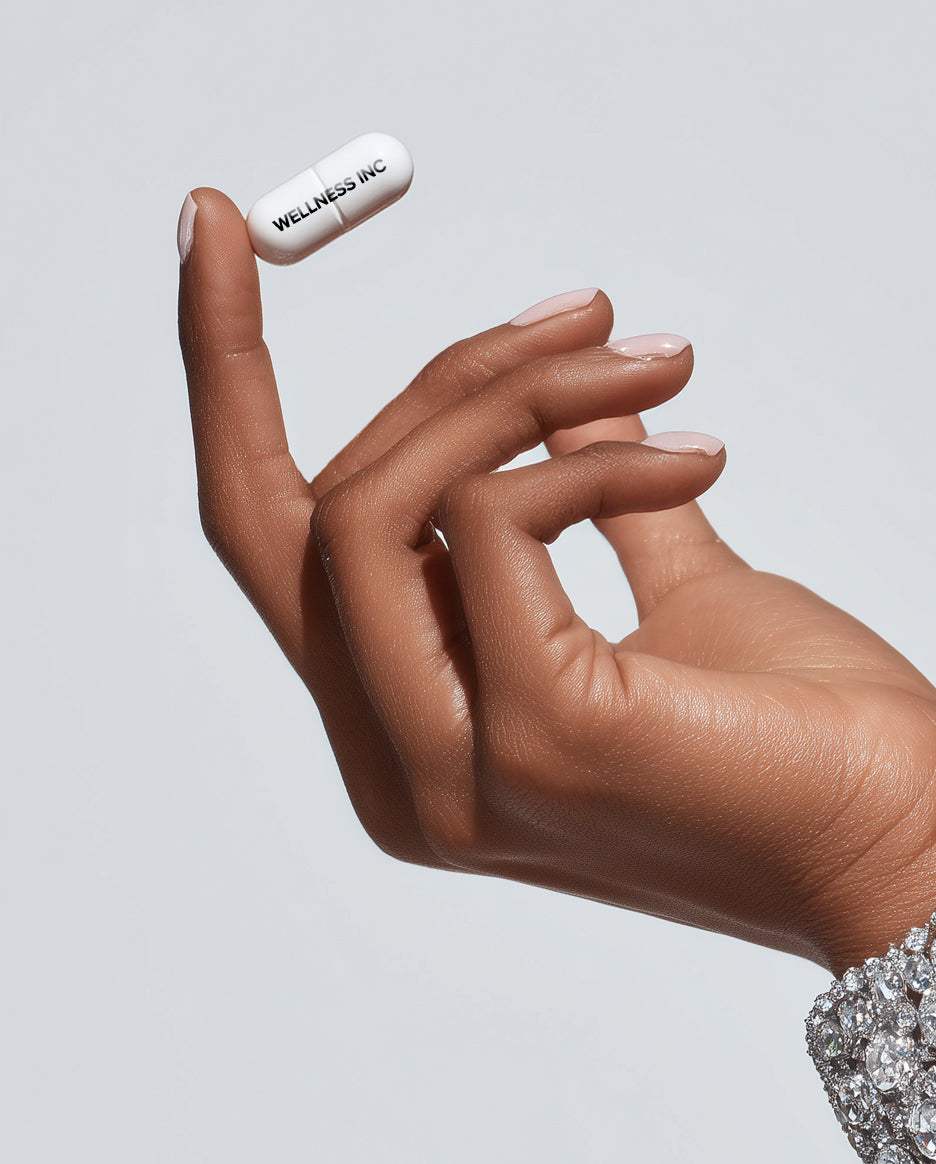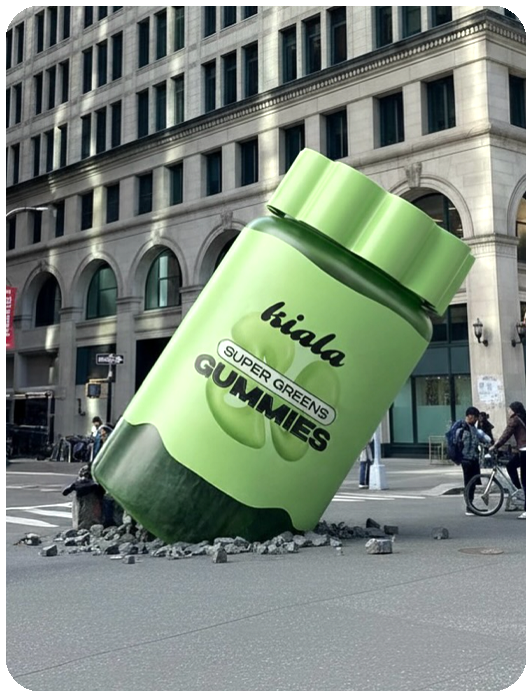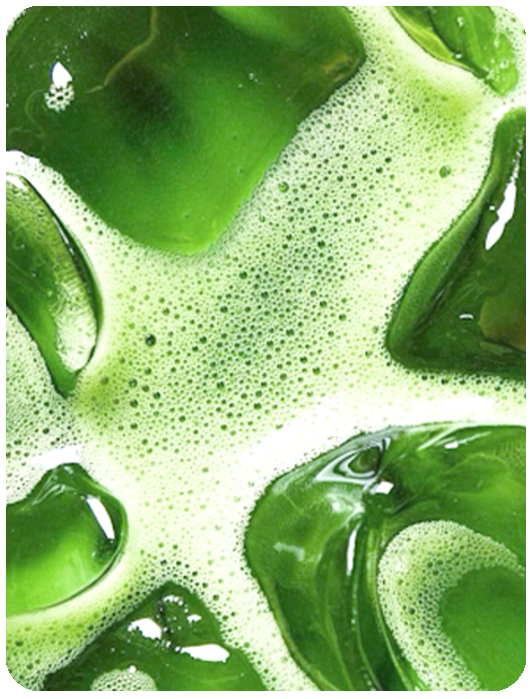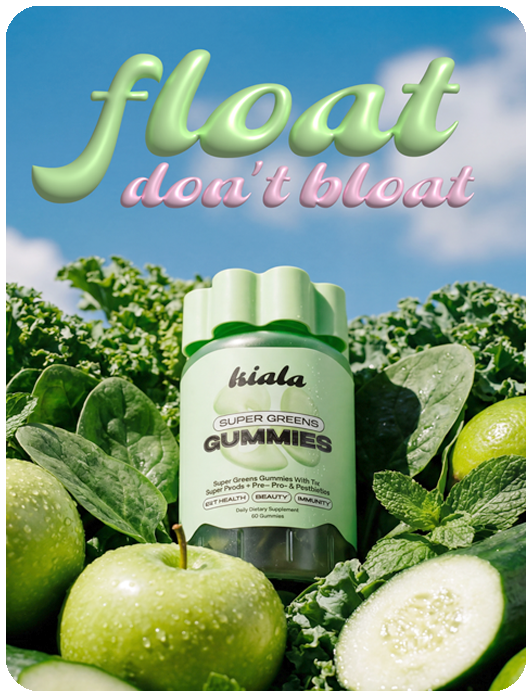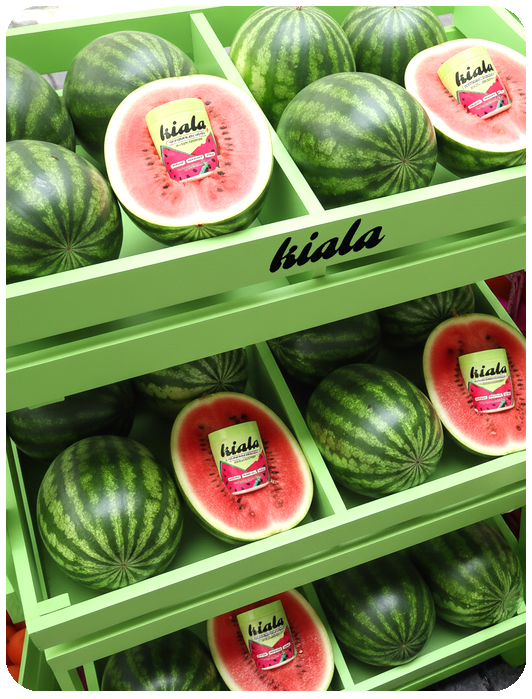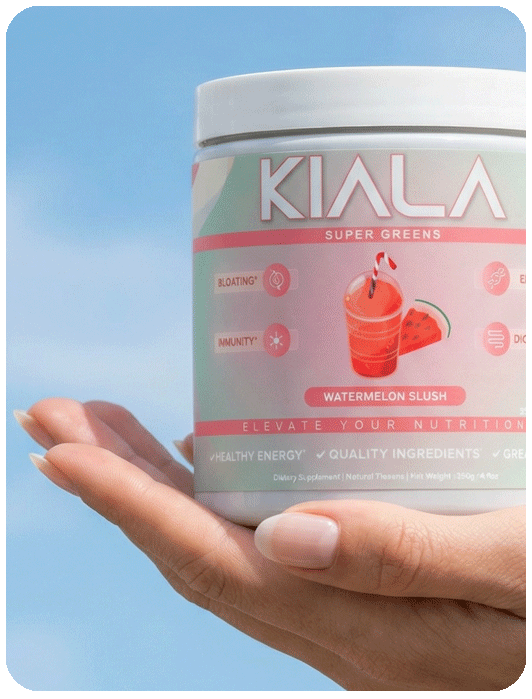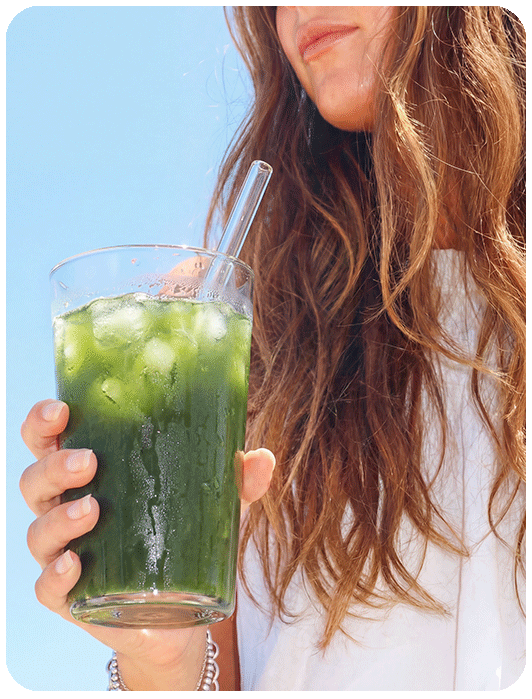The Wellness Industrial Complex: When Self-Care Becomes Self-Sabotage
Your morning routine now takes two hours, involves fourteen different supplements, three types of expensive water, and a meditation app that guilts you when you miss a day. You've got crystals for your chakras, adaptogens for your adrenals, and a color-coded spreadsheet tracking your biomarkers. You're spending more on wellness than rent, yet somehow feeling more anxious about your health than ever before.
Welcome to the wellness industrial complex, where self-care has become a full-time job and optimization has turned into obsession.
The $4.4 Trillion Problem
The global wellness industry has exploded to $4.4 trillion, selling us the promise that perfect health is just one more purchase away. But somewhere between legitimate health science and marketing wizardry, wellness became less about feeling good and more about performing wellness for social media.
Dr. Jen Gunter, gynecologist and author of "The Wellness Trap," explains: "The wellness industry thrives on making healthy people feel sick and offering expensive solutions to problems they didn't know they had. It's designed to create anxiety, not alleviate it."
The Perfectionism Trap
The Optimization Obsession: What started as wanting to feel better has morphed into an endless quest for perfect biomarkers, perfect sleep scores, and perfect morning routines. The pursuit of health has become unhealthy.
The More-Is-Better Mentality: If one supplement is good, twenty must be better. If meditation helps, longer sessions must be superior. This logic leads to increasingly complex routines that become stressful to maintain.
The Fear-Based Marketing: Wellness companies profit from your fear of not doing enough. "Are you getting enough antioxidants? What about your methylation pathways? Have you optimized your circadian rhythms?" The questions are endless, and so are the products promising answers.
The Influencer Effect
Social media has transformed wellness from personal practice into public performance.
The Highlight Reel Reality: Instagram wellness routines look effortless and inspiring, but they're often unsustainable and unrealistic for people with actual jobs and responsibilities. Comparing your real life to someone's curated content is a recipe for inadequacy.
The Affiliate Problem: Many wellness influencers are essentially salespeople with good lighting. When every recommendation comes with an affiliate link, the advice becomes suspect. Are they suggesting that $80 adaptogen powder because it works, or because it pays well?
The Pseudo-Science Spread: Complex health science gets oversimplified into sound bites and sold as absolute truth. Nuanced research becomes black-and-white rules that may not apply to your individual situation.
The Complexity Paradox
Real health is often simple, but simple doesn't sell expensive courses and supplements.
The Basic Biology Reality: Your body needs adequate nutrition, movement, sleep, and stress management. These fundamentals haven't changed despite what the latest wellness trend suggests.
Dr. David Katz, preventive medicine physician at Yale, notes: "The basics of good health are boring and inexpensive, which is why the wellness industry works so hard to convince you they're insufficient."
The Overwhelm Factor: When wellness becomes complicated, people often abandon it entirely. The all-or-nothing mentality means that if you can't do the full routine, you might not do anything at all.
The Decision Fatigue Effect: Spending mental energy on optimizing every aspect of health leaves less energy for actually living your life. When wellness becomes work, it defeats its own purpose.
The Expense Trap
Wellness has become a luxury industry, suggesting that good health requires significant financial investment.
The Premium Price Problem: Why does the same magnesium cost $5 at the pharmacy and $50 from a wellness brand? Often, you're paying for marketing and packaging, not superior quality or effectiveness.
The Subscription Seduction: Monthly supplement subscriptions, meditation apps, and wellness boxes create recurring revenue for companies while draining your bank account. The financial stress can offset any health benefits.
The Class Barrier: When wellness becomes expensive, it creates guilt and shame for people who can't afford the "optimal" version. This classist approach to health is both elitist and counterproductive.
The Anxiety Creation Machine
Ironically, the wellness industry often creates the stress it claims to solve.
The Test Obsession: Constant monitoring of biomarkers, sleep scores, and health metrics can create anxiety about normal variations in human physiology. Not every fluctuation needs intervention.
The Supplement Overwhelm: Taking dozens of supplements requires tracking, timing, and constant decision-making. The mental load can outweigh any potential benefits.
The FOMO Factor: Fear of missing out on the latest health trend keeps people constantly switching protocols instead of giving anything time to work.
What Actually Works
Real wellness is boring, accessible, and sustainable.
The 80/20 Principle: Most health benefits come from fundamental practices: adequate nutrition, regular movement, sufficient sleep, and stress management. The remaining 20% of optimization provides minimal additional benefit.
Consistency Over Perfection: A simple routine you can maintain for years is more valuable than a perfect routine you abandon after weeks. Sustainability trumps intensity.
Quality Over Quantity: Instead of taking twenty different supplements, focus on comprehensive, high-quality nutrition that addresses multiple needs simultaneously.
The Simplification Solution
Comprehensive Nutrition: Rather than isolated supplements for every possible deficiency, consider comprehensive formulations that provide broad nutritional support. With over 1 million women incorporating quality supergreens into their daily routines, it's clear that simple, effective nutrition can replace complex supplement protocols.
The Morning Foundation: Instead of elaborate morning routines, establish one simple practice that supports overall health—like a nutrient-dense supergreens blend that provides antioxidants, vitamins, and minerals in one convenient serving.
Flavor and Enjoyment: Wellness doesn't have to taste like punishment. Quality supergreens in delicious flavors like Mixed Berry or Tropical Splash prove that healthy choices can be enjoyable choices.
The Real Self-Care
Authentic self-care means setting boundaries with the wellness industry itself.
Permission to Be Basic: You don't need to optimize everything. Sometimes good enough is actually good enough. Your worth isn't determined by your supplement count or meditation streak.
The Unfollow Strategy: If wellness content makes you feel inadequate or anxious, unfollow it. Your mental health is more important than staying current with trends.
The Skepticism Practice: Question everything, especially if it's expensive or requires dramatic lifestyle changes. Ask for evidence, not testimonials.
Beyond the Industry
True wellness happens when you stop performing health and start living it.
Individual Bio-Individuality: What works for someone else might not work for you. Pay attention to your body's responses rather than following rigid protocols.
The Long Game: Health is a lifetime practice, not a 30-day challenge. Focus on sustainable changes rather than dramatic transformations.
Intrinsic Motivation: Do things because they make you feel better, not because they look good on social media or fulfill someone else's definition of optimal.
The Bottom Line
The wellness industrial complex profits from your insecurity and perfectionism. Real health doesn't require expensive courses, complicated protocols, or constant optimization.
Sometimes the most radical act in wellness culture is choosing simplicity over complexity, sustainability over perfection, and self-compassion over self-optimization.
Your health is important, but it doesn't need to become your identity or your full-time job. The goal is to feel good and live well, not to become a walking advertisement for wellness trends.
Trust your body, question the hype, and remember that the best health practices are often the most boring ones.
Sources:
-
Gunter, J. (2023). The Wellness Trap. Kensington Books.
-
Katz, D. L., & Meller, S. (2014). Can we say what diet is best for health? Annual Review of Public Health, 35, 83-103.
-
Caulfield, T. (2015). Is Gwyneth Paltrow Wrong About Everything? Beacon Press.
-
O'Connor, A. (2019). The wellness industry is booming, but is it making us healthier? The New York Times.
Ready to simplify your wellness routine? Discover comprehensive nutrition that cuts through the complexity with simple, effective daily support. Sometimes the best wellness choice is also the simplest one.
Read more
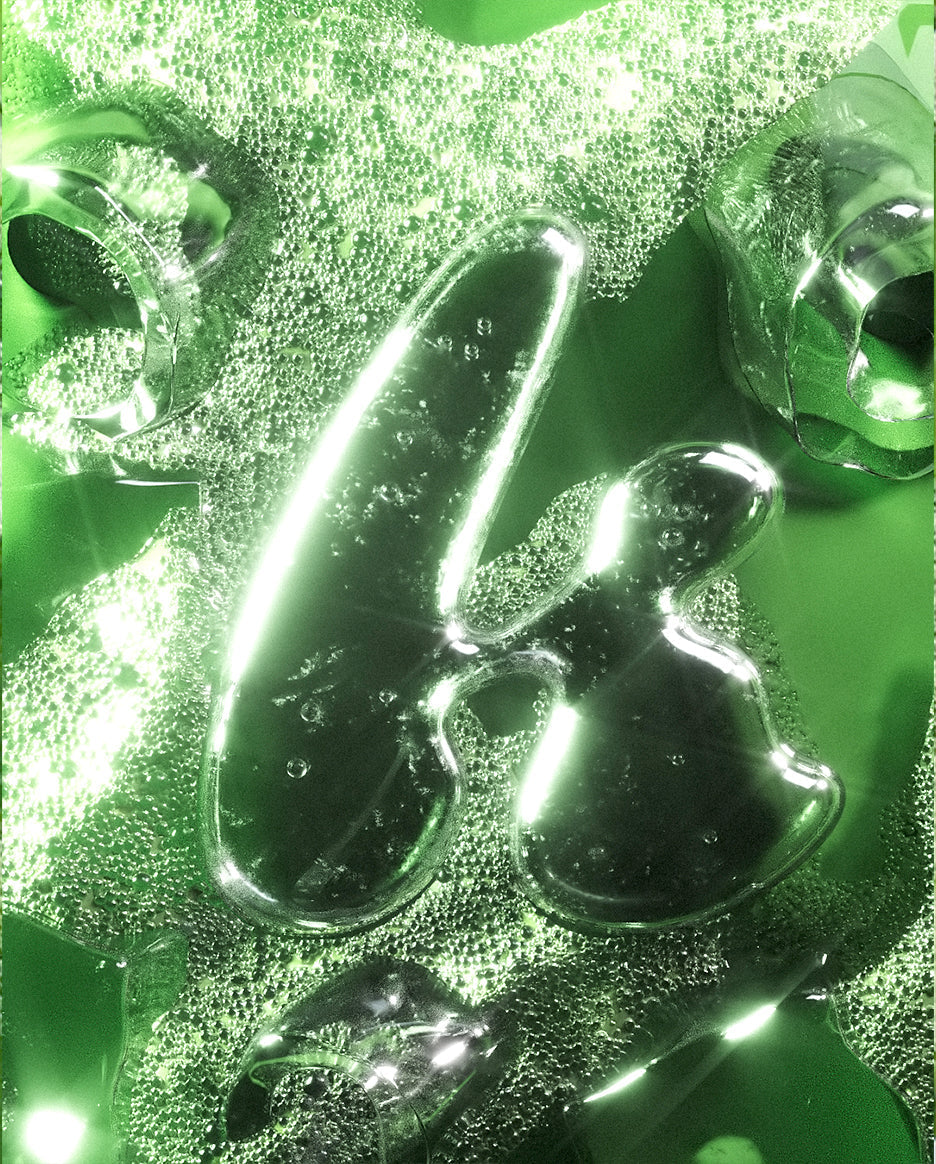
Nutrient Timing: Does When You Take Your Greens Actually Matter? You've mastered what to eat, but now you're spiraling down the rabbit hole of when to eat it. Should you take your supergreens on an...

Supplement Shaming is So 2023: Why Smart Women Don't Apologize for Optimization Picture this: You're at brunch, casually mentioning your morning routine includes a greens powder, and suddenly Karen...
